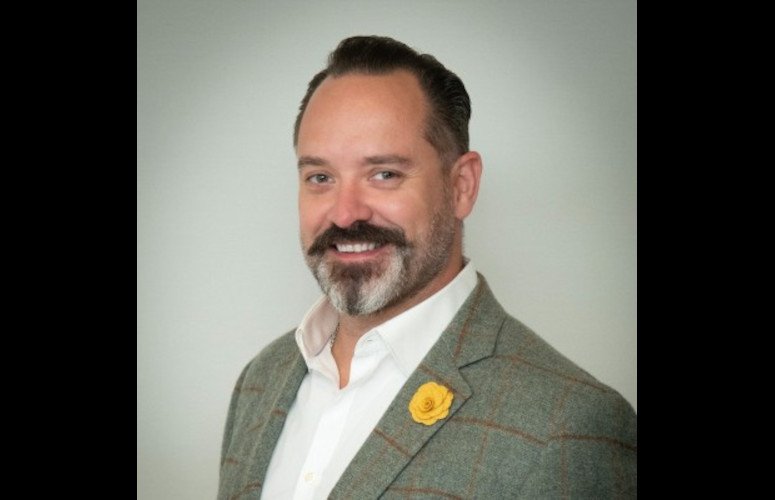
Bill to Combat NJ Physician Shortage Passes Congress in 2021 Omnibus Bill
On Dec 23, 2020Members of New Jersey’s Congressional delegation applaud the passage of their Supporting Graduate Medical Education at Community Hospitals Act, which was included in the FY21 omnibus package.
The legislation will help address New Jersey’s physician shortage by modifying an out-of-date cap on graduate medical education (GME) slots that limits the abilities of New Jersey hospitals to increase the number of residency slots in the state.
“New Jersey has been facing a massive and dangerous doctor shortage, all from an outdated federal rule, which has only been made worse by the COVID-19 pandemic,” said Rep. Gottheimer. “Now, through my work with Senator Menendez, Senator Booker, and Congressman Pascrell, we’re correcting the arbitrary cap on the number of graduate medical students who can train in Jersey’s hospitals. By passing this legislation, we’ll finally be able to recruit and retain more talented physicians to help our medical community grow, and help us fight this pandemic and recover.”
“Removing the arbitrary cap on the number of medical resident ‘slots’ Medicare will fund is an important victory for northern New Jersey heath care in this imperfect relief package. The plan I introduced with Senators Menendez and Booker and Congressman Gottheimer within the jurisdiction of the Ways and Means Committee combats the worsening physician shortage here in New Jersey,” said Rep. Pascrell. “Our fix will help community hospitals on the frontlines of the pandemic, like Holy Name Medical Center in Teaneck, bolster their already-impressive fleet of physicians by allowing them to train and equip aspiring doctors. America’s medical professionals need our support now more than ever. With today’s news, I am pleased to tell them that more help is on the way.
“With a raging pandemic, an older physician workforce, and an aging population overall, the demand for qualified doctors in New Jersey is quickly outpacing supply,” said Sen. Menendez. “If we’re going to meet the future needs of our residents and ensure access to quality health care, we must close the gap by lifting the arbitrary cap–quickly. I’m proud to have worked with Senator Booker and Representatives Pascrell and Gottheimer on passing this critical piece of legislation through Congress.”
“As we work to confront and recover from this pandemic and increase preparedness for future public health crises, it’s more important than ever that we are empowering a pipeline of qualified doctors who can meet the demand for high quality care for all New Jerseyans,” said Sen. Booker. “I am proud that our legislation, the Supporting Graduate Medical Education at Community Hospitals Act, has been included in the FY21 spending package and will enable more talented medical professionals to practice in the Garden State.”
In 1997, the Balanced Budget Act created an arbitrary cap on the number of Medicare-funded GME positions. The Supporting Graduate Medical Education at Community Hospitals Act addresses this problem for community hospitals like Holy Name Medical Center in Teaneck, Bergen County, allowing them to invest in teaching programs that will keep New Jersey’s health workforce competitive.
“Training more medical students is vital for New Jersey, especially as we come through the pandemic. Holy Name has said from the beginning if we train our future physicians we are confident we will make New Jersey their professional home. That’s good for every resident of our state,” said Michael Maron, president and CEO of Holy Name Medical Center. “Without the hard work by Senator Menendez, Senator Booker, Congressman Pascrell and Congressman Gottheimer, New Jersey would be facing continued physician shortages. We are grateful for their effort to ensure this significant outcome for our state.”
The omnibus package will also increase the number of GME slots for the first time since 1997 by 1,000 per year.
New Jersey currently suffers from a shortage of physicians. According to data from the New Jersey Hospital Association (NJHA), a third of New Jersey’s practicing physicians are over 60 years-old, the third highest in the nation, and the state ranks 46th in the nation in the percentage of doctors under 40, according to the Association of American Medical Colleges.
Each year, New Jersey has approximately 3,100 physician residents in training at 43 hospitals. At the same time, NJHA estimates that New Jersey has approximately 32 medical students and resident physicians in training per 100,000 residents compared to 81 and 62 in neighboring New York and Pennsylvania, respectively.
To access more business news, visit NJB News Now.
Related Articles:





